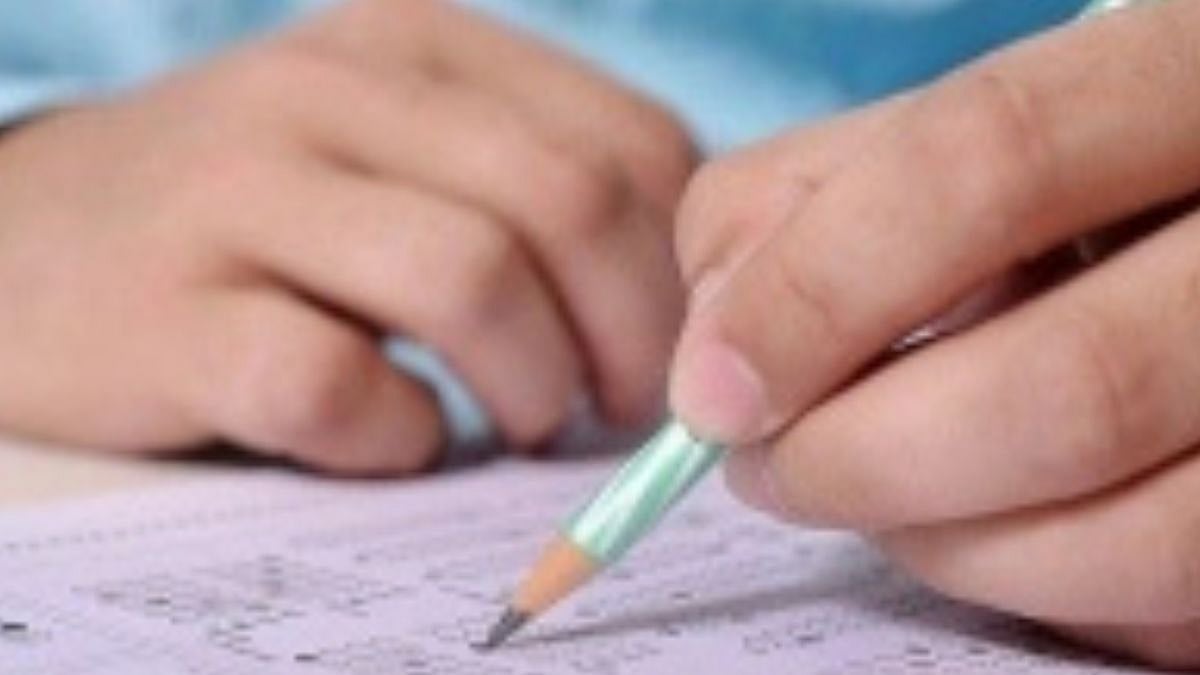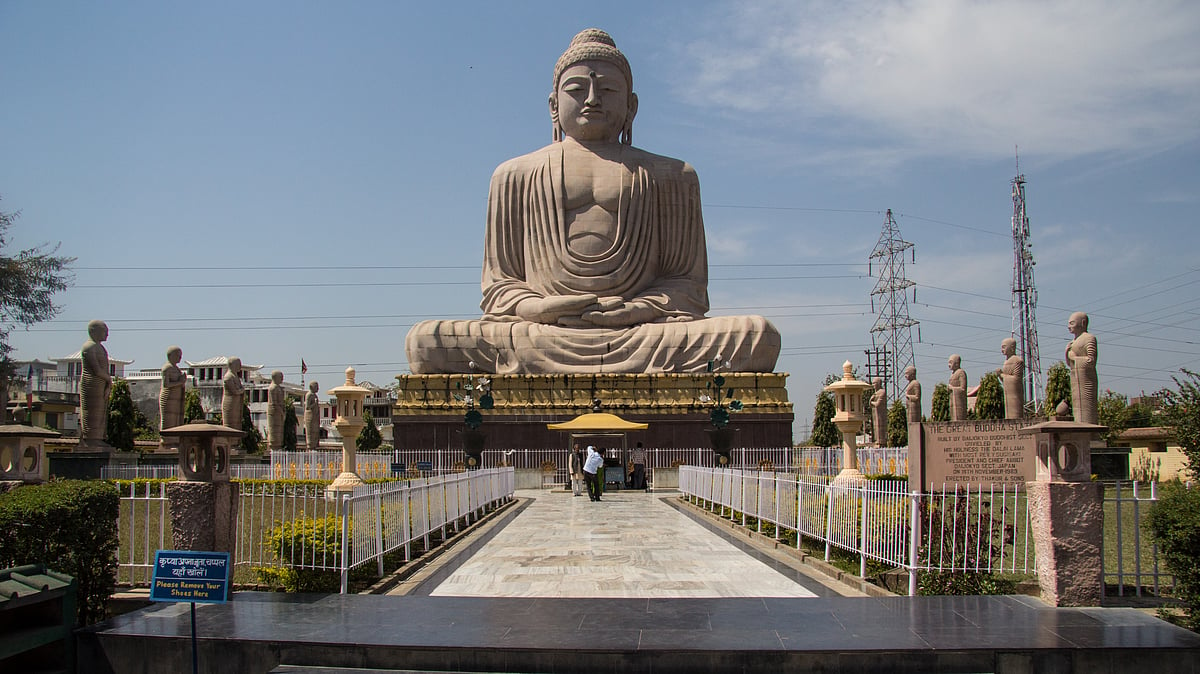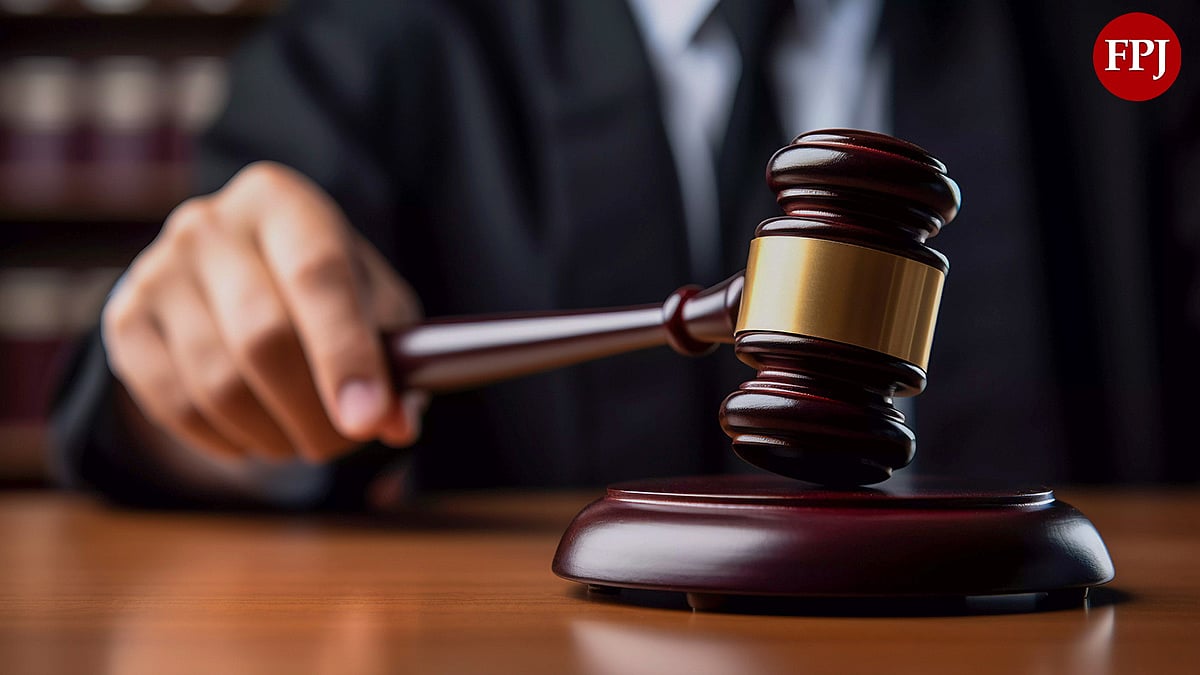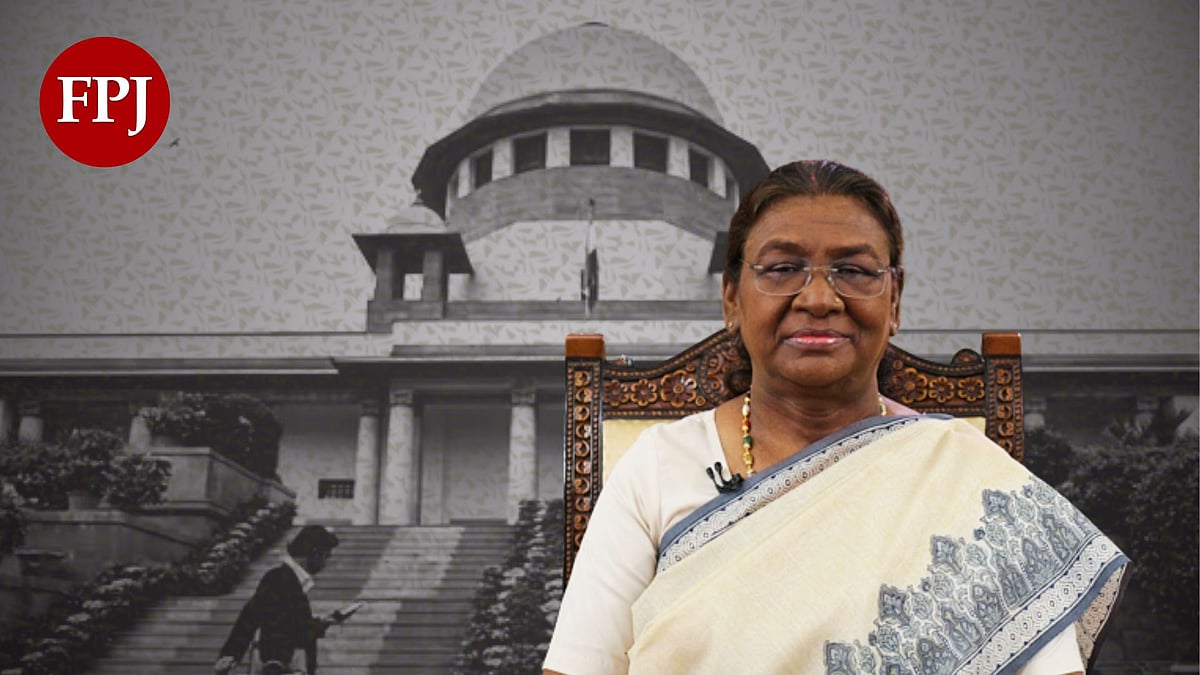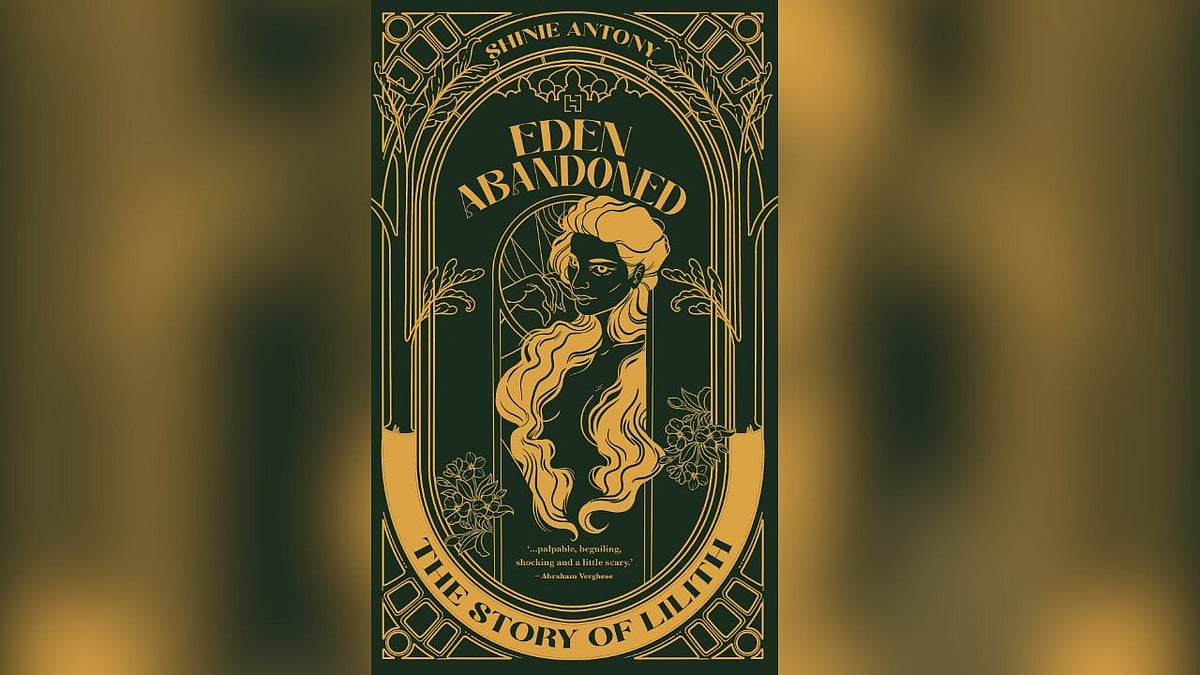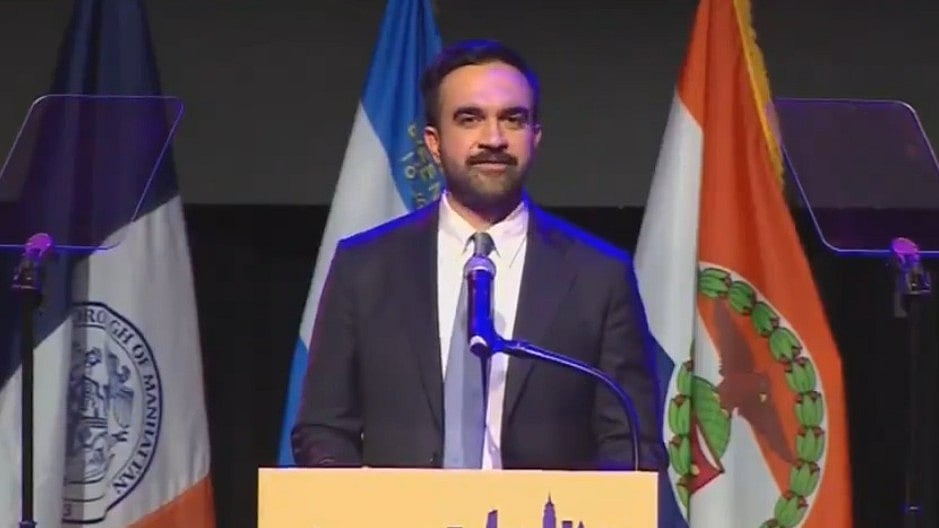Ever since four senior-most judges of the Supreme Court held a press conference on January 12, 2018, the rumblings of discord in our legal system have only gotten louder. Justices J Chelameswar, Ranjan Gogoi, Kurian Joseph and Madan Lokur had called the press conference to air their grievances over the then Chief Justice Dipak Misra’s style of functioning.
After the judgements in sensitive cases like the Rafale deal and the Ayodhya case, which seemed to be favourable to the ruling BJP, a section of the “activist” lawyers have been imputing that the Supreme Court (SC) has not done enough to pull up the Modi government — if not for dispensation of justice then at least to prove its independence.
The tendency of this section to give integrity certificates to judges, depending on their particular verdict, has only increased with the passage of time.
The PIL industry has been frustrated, too. The reason: the judiciary has been extra cautious of late to avoid playing into the hands of those for whom a legal recourse is also politics by other means.
Solicitor General Tushar Mehta invited wrath of this section as well as the media at large when he referred to them during a hearing in the apex court as the “prophets of doom” who only spread negativity in the name of highlighting the plight of poor migrant workers.
Representing the Central government, Mehta sought to draw attention to how a “handful of people” want to control the Supreme Court and want the Court to abuse the executive. At this, the bench responded by saying that the apex court will go only by its conscience and nothing else.
This was after former SC judge Madan B Lokur penned down an article on a website, contending that the Supreme Court had forgot what public interest litigation (PIL) is all about and that, if a grading is to be given, it deserves an ‘F’ for its response to the PIL on the plight of the migrant workers.
The former judge added that the Supreme Court had not even bothered to question the statement made or held the Central government to account, despite more than enough evidence available everywhere. The SC had ignored newspaper and media reports about the migrants who were desperate to reach their homes and not shown compassion towards them.
In response, the top court called it “unfortunate” that those who have been a part of the institution believe that they can now run it down. A bench consisting of Justices Ashok Bhushan, Sanjay K Kaul and M R Shah said they had taken suo motu cognisance of the issue only because of their conscience. At this point, Mehta also implored upon the Supreme Court to respond as an institution and make sure that a “handful of people” must not be able to drive the exercise of jurisdiction of the Supreme Court.
Finally, shedding its reluctance to intervene, the Supreme Court ordered free food, shelter and travel for migrants to “redeem the situation.” However, the supposed delay in the Supreme Court’s intervention in responding to an unfolding crisis of unprecedented nature and scale rekindled the debate about the judiciary’s role as the saviour of the poor.
We need to note that the Constitution of India conceptualises the superior courts - Supreme Court and High Courts - to be institutions that safeguard and uphold the rights of the people. Most fundamental rights are designed to be claimed against the State. The Indian Constitution is unique in that it treats even the right to approach the Apex Court (in the event of certain State action circumventing the Constitutional mandate) as a fundamental right under Article 32 thereof.
It is in this backdrop that our superior courts have aptly played the part of the guardians of our rights. But, was the Supreme Court’s initial response to the migrant workers’ crisis so underwhelming that Lokur’s response looked justified?
Or was it determined by the need to be more circumspect? Was it not dealing with the job of the governments primarily to handle the crisis that was still unfolding with unknown enormity? Nineteen high courts, however, had assessments differently from the initial view of the SC.
In this context, Supreme Court judge Justice Sanjay Kishan Kaul’s answer cannot be ignored. He felt that “imputations” against the court and its “grading… damages the very institution.” He touched upon what he called the “after me the deluge” thought process among some people who used to be part of the judiciary.
The Bar Council of India reacted even more strongly, saying that there is a “sustained and synchronised attack” on the SC by some former judges and senior advocates in a “conspiracy to weaken and browbeat the institution”. It strongly disapproved and deprecated such an act.
Some also chose to recall Lokur’s stand as a sitting judge when he had disposed of a PIL of NGO ‘Swaraj Abhiyan’ in 2008. As Swaraj Abhiyan sought a direction to government to provide dal/lentil and cooking oil at a subsidised rate to drought-affected population, Justice Lokur had said: Today, Swaraj Abhiyan prays for the supply of dal/lentil and edible oils; tomorrow some other NGO might pray for the supply of some other items. This might become an endless exercise and would require us to go beyond what Parliament has provided. In matters involving financial issues and prioritisation of finances, this Court should defer to the priorities determined by the State, unless there is a statutory obligation that needs to be fulfilled by the State.”
The writer is a former Senior Associate Editor of Hindustan Times and Political Editor of Deccan Herald, New Delhi.


